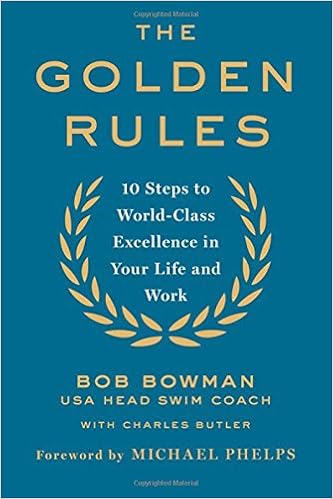1. Do you know the name and numbers of all your counterparts, especially if your equipment breaks down?
2. When does your market close, especially on holidays?
3. Do you have all the equipment you’ll need to make the trade, including pens, computers, notebooks, order slips, in the normal course and in the event of a breakdown?
4. Did you write down your trade and check it to see for example that you didn’t enter 400 contracts instead of the four that you meant to trade?
5. Why did you get into the trade?
6. Did you do a workout?
7. Was it statistically significant taking into account multiple comparisons and lookbacks?
8. Is there a prospective relation between statistical significance and predictivity?
9. Did you consider everchanging cycles?
10. And if you deigned to do a workout the way all turf handicappers do, did you take into account the within-day variability of prices, especially how this might affect your margin and being stopped out by your broker? (more…)




 How many times does one have to read good advice before acting on it? I don’t know. I for one continue to struggle. This time the advice comes from Bob Bowman, Michael Phelps’s coach, in The Golden Rules: 10 Steps to World-Class Excellence in Your Life and Work (St. Martin’s Press, 2016), written with Charles Butler.
How many times does one have to read good advice before acting on it? I don’t know. I for one continue to struggle. This time the advice comes from Bob Bowman, Michael Phelps’s coach, in The Golden Rules: 10 Steps to World-Class Excellence in Your Life and Work (St. Martin’s Press, 2016), written with Charles Butler.